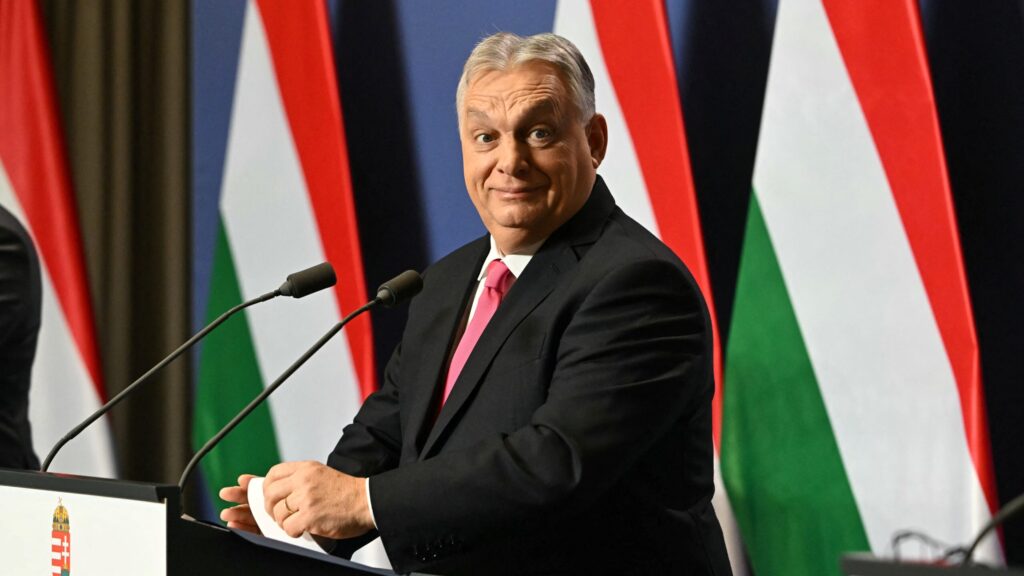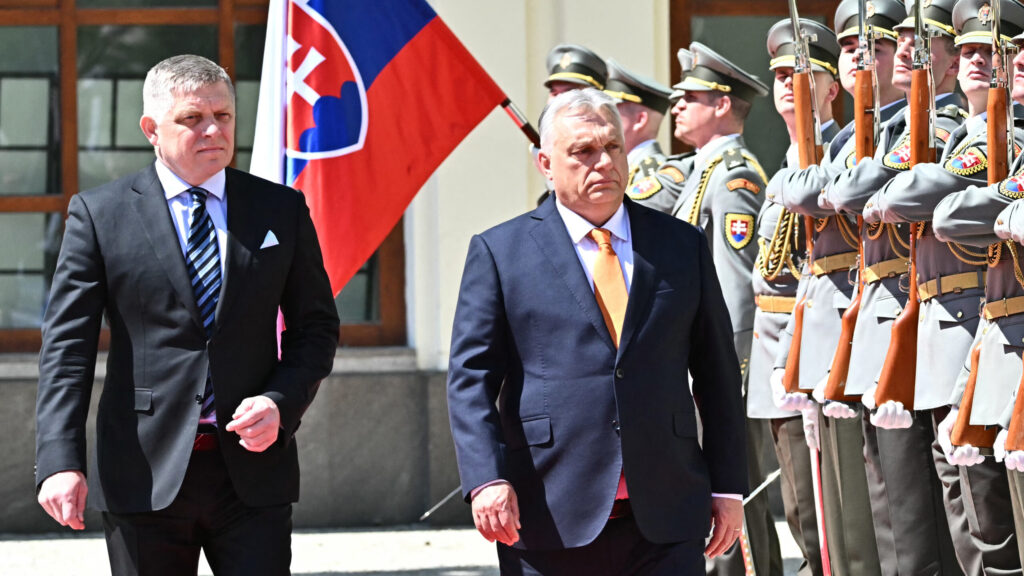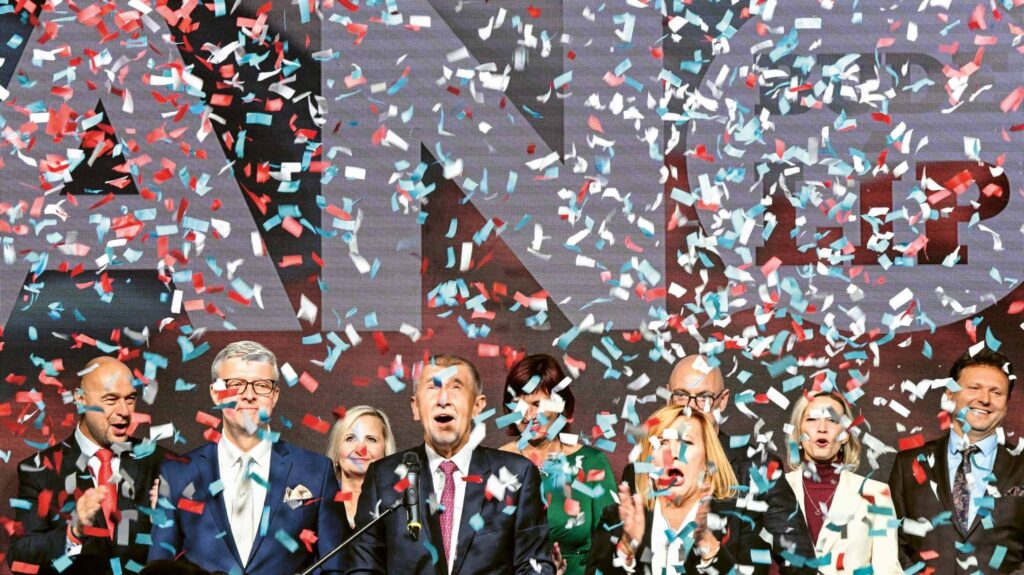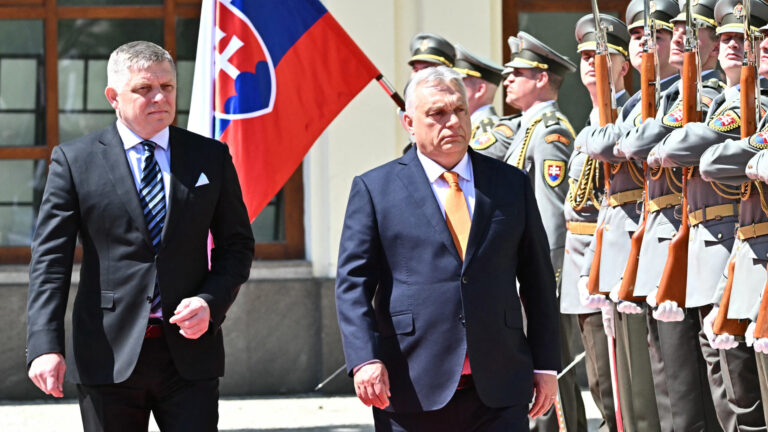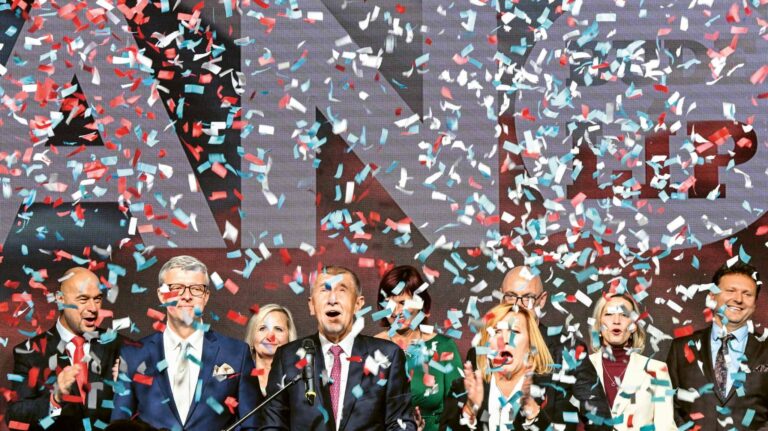The following is a translation of an article written by János Matuz, a research fellow at the Europe Strategy Institute of the University of Public Service, originally published on the Five Minutes Europe blog of Ludovika.hu.
The classical concept of sovereignty in international law and state theory traditionally refers to the supreme and unlimited state power, which ensures that a given state is legally independent from all external influences.
This approach still dominates political and legal discourse today: debates on sovereignty are predominantly conducted within legal frameworks. At the same time, global economic integration, financial markets, international supply chains, and technological dependencies pose new challenges to states. Economic sovereignty—that is, the ability of a state to effectively control strategic resources, financial stability, and long-term economic development—is increasingly becoming the benchmark for true self-determination in the 21st century.
For most states, legal sovereignty is not in question today. The UN Charter and the fundamental principles of international law—in particular the principle of the equality of states and non-interference in internal affairs—guarantee formal independence.
In contrast, economic sovereignty is much less self-evident and much less straightforward. Even the United States and China are not self-sufficient in all areas and have a dependence on some external power, which they naturally try to reduce. That is, economic sovereignty, unlike classical legal sovereignty, is not absolute but relative, and its main characteristic is the quantity and quality of areas of interdependence.
International trade and global supply chains create interdependence, and, in addition to states, international organizations, global corporations, and NGOs also exercise economic power that competes with states. That is, the subjects of economic sovereignty are not only states, but also large corporations, NGOs, and international organizations, which in many cases have greater economic resources and/or influence than they do.
Big Tech companies operating in the digital sector (Google, Apple, Amazon, Meta, etc) have such a large amount of capital, data, and innovation capacity that they act as quasi-sovereign economic actors. The World Trade Organization (WTO) or the International Monetary Fund (IMF) also exert significant influence on the economic policy of member states (such as trade dispute settlement, credit conditions).
‘Economic sovereignty is much less self-evident and much less straightforward’
Joining international organizations, such as the EU or the WTO, involves a voluntary sharing of sovereignty, which limits the scope for economic policy. For members of the eurozone, giving up an independent monetary policy is a particularly sensitive issue. At the same time, joining a common market or even a double taxation agreement strengthens the actual economic security of individual states.
The concept of sovereignty is used primarily and mostly in the legal sense in common language, politics, and academia, while the realities of the 21st century would justify the primacy of the economic dimension of this concept. The legal independence of states alone does not guarantee actual self-determination if key areas of economic decisions—energy, finance, technology—are under the influence of external actors.
The diagnoses formulated in Draghi, Letta, and many other EU reports also point to the absence or extremely large decline of economic sovereignty. The experience of the European Union member states in the 21st century clearly indicates that the true measure of sovereignty today is not primarily the question of the fulfilment of a legal concept, but the level of realization of economic and technological independence.
Related articles:
Click here to read the original article.


